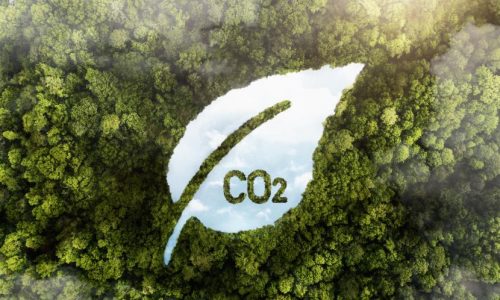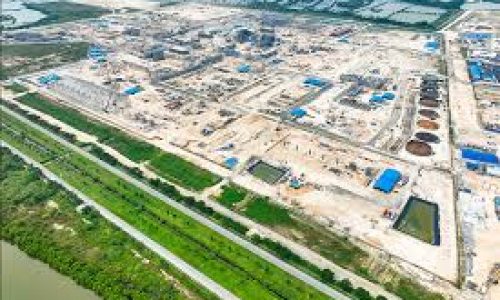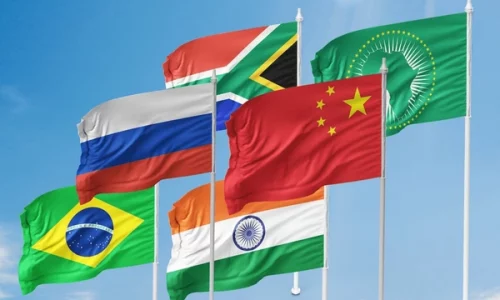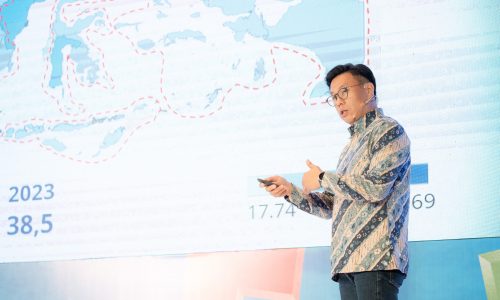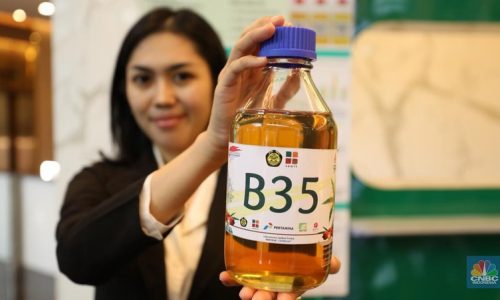The energy subsidy scheme, which is right on target for the community group, cannot be pushed through because the government’s subsidy burden will continue to grow and burden state finances. The magnitude of community-subsidized fuel consumption may be caused by the current subsidy mechanism being open and applied to energy products. “This means that anyone can access the subsidized fuel without restriction,” said Bank Permata Chief Economist Josua Pardede in a statement in Jakarta on Tuesday, August 30th.
The Minister of Finance, Sri Mulyani Indrawati, conveyed the exact fact that the energy subsidy, particularly fuel oil (BBM), was conveyed last week. The business world benefits from the diesel subsidy that circulates in the 89 percent market. The Pertalite type assignment fuel is subsidized by 86 percent of the wealthy. As a result of the inappropriate subsidy, continued Josua, subsidized fuel quotas continue to be sucked in, with implications for increasing the government’s subsidy budget. This condition has deteriorated significantly as global oil prices have remained above 90 US dollars per barrel, far exceeding the macro assumption in the 2022 State Budget of 63 US dollars per barrel.
Given these circumstances, Josua advised the government to switch to setting fixed subsidy values, allowing market prices for fuel to fluctuate in accordance with the movement of global oil prices. The APBN’s subsidy budget does not fluctuate because the number of subsidies is fixed. Budget flexibility for social protection is needed to strengthen this policy. The goal is to increase the budget for social protection in line with the rise in global oil prices. “With this policy, we assess that budget allocations will be more targeted at the most vulnerable people who are registered as recipients of social protection/assistance,” said Josua.
Furthermore, he stated that the government must continue to strengthen data on recipients eligible for subsidized fuel through digitalization. With the position of recipient data that is entitled to be complete in the future, the government can gradually increase oil prices to market prices or provide subsidies, but with a fixed amount, so that the budget’s health can be maintained. He also stated that the proposed subsidized fuel restriction mechanism via the MyPertamina app is quite good and has the potential to limit the amount of use by the wealthy. The MyPertamina apps, through digitization, can limit the amount of consumption per vehicle as well as the type of vehicle that can consume subsidized fuel.
“Pertamina needs to improve coordination with Korlantas Polri regarding vehicle data per number plate, as well as matching population data and poverty that can cooperate with TNP2K or the Ministry of Social Affairs and the Ministry of Home Affairs. Thus, subsidized fuel can be distributed on target,” he said. According to Josua, looking at the community’s current psychological condition, the psychological figure of fuel prices is at the level of Rp. 10,000 to reduce the burden of fuel subsidies so that the subsidy value in the APBN does not swell to Rp. 700 trillion or remains Rp. 502.6 trillion.
“In terms of purchasing power, we calculate the direct impact of Pertalite’s increase of 30.72 percent to inflation (Pertalite proportion 80 percent of total gasoline) of 0.93 percent. For indirect impact, we estimate that it will be half of direct impact or around 0.47 percent,” said Josua.
Josua emphasized that efforts to control subsidized fuel consumption can be carried out if a legal umbrella from the government already exists. As a result, the government must issue an immediate revision of the Presidential Regulation relating to subsidized fuel control, given that the subsidized fuel quota is expected to run out in October or November 2022.
Meanwhile, Linda Rahmawati, a business intelligence expert said, the plan to increase the price of fuel is likely to be responded to quickly by many interest groups to mobilize the mass base of their constituents to hold demonstrations against the planned increase in fuel prices on September 6, 2024, in 34 provinces throughout Indonesia. The plan for this demonstration seems to have been carefully calculated by the ranks of many interest groups, that the increase in fuel prices is a form of government torture against the people, especially the underprivileged or informal workers, even if they firmly believe that the increase in fuel prices reflects the government’s “characterized”. colonial and oppressive.”
Linda Rahmawati has further explained that the plan to increase the price of fuel is one of strategy to avoid the government’s subsidy burden will continue to swell and burden state finances.


